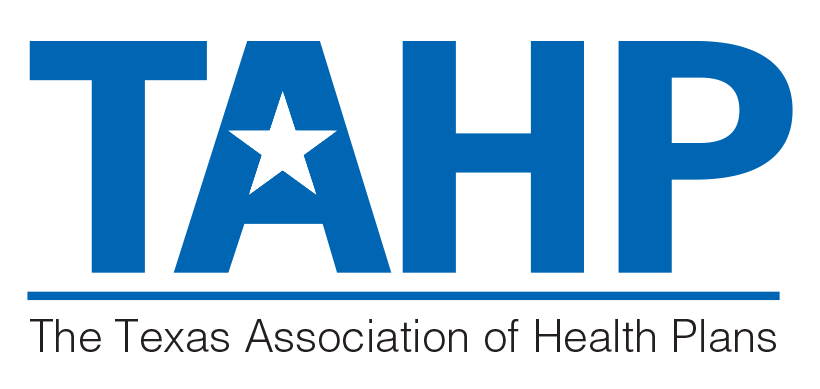
TAHP CEO Publishes New Op-ed in the Austin American-Statesman
Complete Coverage

By: TAHP | Friday, October 4, 2019
Benchmarking, Not Arbitration, is Answer to Surprise Billing
State and national legislators recently turned their attention to an issue that truly needs it: surprise medical billing. Insurers, physicians, and politicians agree we must protect patients from surprise billing in situations where they receive care from a provider they did not specifically choose, such as when they are treated by an out-of-network ER doctor during an emergency.
State legislators did all they could this session to protect Texans from surprise billing, but many people in our state have health coverage that isn’t regulated by Texas. Those individuals and families can only be protected by national surprise billing legislation. Federal lawmakers have proposed two different solutions—arbitration and benchmarking—that differ in their method of determining a fair price for health care services in surprise billing situations.
Arbitration is supported by physician interest groups and private equity firms, while employer organizations, academic institutions, and think tanks from both sides of the aisle support benchmarking.
Under an arbitration system, arbitrators consider providers’ inflated billed charges—prices that are originally charged for a service and unconstrained by market forces—as a reasonable starting point and, therefore, a potential final price. Arbitration is also inherently complex and would require new administrative costs, and two different arbitrators could determine wildly different “fair” prices for the same service.
On the other hand, benchmarking is simple and fair, and works by using regional price data to determine the appropriate price for a service. Groups that oppose benchmarking rely on talking points that don’t make sense or have been proven false. In a recent Statesman op-ed, a political consultant supporting arbitration compared benchmarking to price controls, writing, “Prices are simply what people are willing to pay for a good or service. They control themselves. The price of the item is what it is worth, not what the owner says it is worth.”
This makes no sense. Patients in surprise billing situations aren’t “willing” to pay for ER care—they have no choice. In a real free-market transaction, the patient gets to choose their provider and agree to a price before receiving the service. Benchmarking recognizes the absence of that choice in surprise billing situations and uses prices already negotiated in the free market to determine a fair payment.
Another talking point arbitration supporters use is that benchmarking would negatively affect doctors and rural hospitals. When Kaiser Health News and PolitiFact looked into this claim, however, they determined there is “scant evidence that these proposals would trigger emergency room closures their evidence is anecdotal at best.” This is especially true in Texas, where the benchmark rate is double to quadruple what Medicare would pay for the same service.
Researchers from conservative, liberal, and nonpartisan researchers also agree arbitration would be harmful. The USC-Brookings Schaeffer Initiative for Health Policy reported that arbitration would “almost assuredly result in significantly higher premiums, patient costs, and federal deficits,” and the American Enterprise Institute found it could “introduce large market distortions and unintended consequences” such as creating a less transparent process and encouraging doctors to stay out of network.
While employers, independent experts, and insurers all agree on the benefits of benchmarking and dangers of arbitration, only national physician groups, private equity firms, and the team of lobbyists they’ve hired to work for them say they believe arbitration is a reasonable response to the surprise billing issue.
Congress should pass a benchmarking-based federal surprise billing solution that follows true free market principles instead of an arbitration system favored exclusively by physician groups and private equity firms. That’s the only way to protect patients and lower the cost of health care while fairly compensating providers.
Dudensing is CEO of the Texas Association of Health Plans.
Stay updated on the latest TAHP news

Articles written by TAHP’s team of policy experts that examine the research, trends, and impact of the most important health care policy issues facing Texas and the country today.

Weekly news clips assembled by the TAHP team that highlight the top headlines from the health insurance and health care worlds, as well as important political updates.
